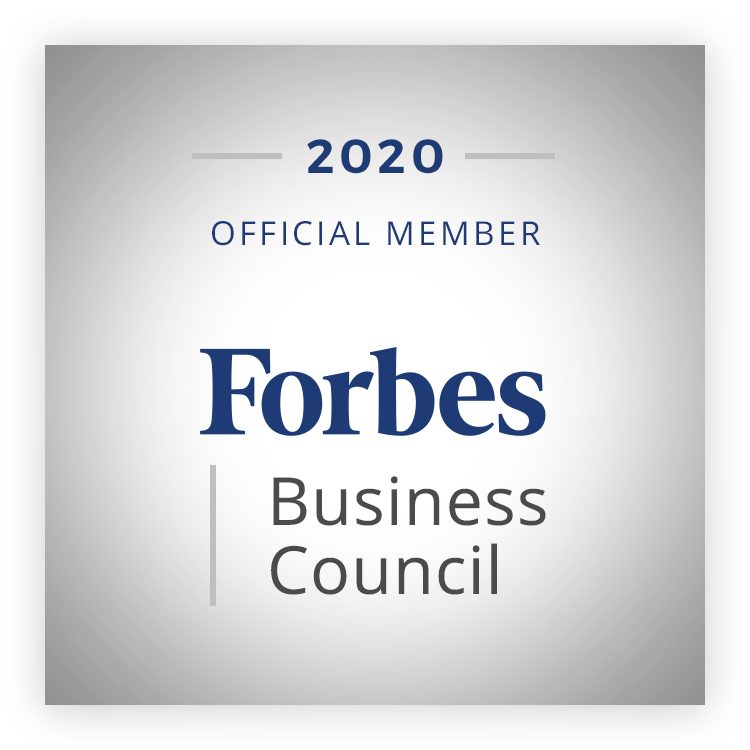A thriving organization depends so much on its people . And yet, developing a strong people strategy and culture is unfortunately often an afterthought for companies.
The issue of finding and developing the right talent is often looked at too simplistically. “We just need to hire people with x skills to complete y and z tasks.” And the assumption is that “the right people will come along, and they’ll stay — since our company is so awesome!”.
The reality turns out to be much more complicated, as many early stage companies find out the hard way. For example, they may hire an engineering lead, who is excellent technically but lacks the skills to motivate a team. Or a customer success lead, who is used to working in corporate environments and moving at a slower pace. Or, they may need to hire blue collar staff with limited technical knowledge to use necessary apps and software.
There are so many ways that a people strategy can go wrong and potentially cost the company heavily. As a result, investing in the wrong talent wastes not only labor costs but operating costs of recruiting, hiring, training, etc. Not to mention the cost to company morale!
Stop thinking of your “People Strategy” as “Just the People Strategy“
The first problem is the way that human resources has traditionally been viewed. We need to stop thinking of people as “human resources” and calling them that. Today, due to the level of technology and automation, we need to look at more dimensions when designing a people strategy.HR is deeply tied to a company’s operations, technology adoption, and revenue growth. It’s essential to work with an HR leader who is well-versed across all these lenses.
Today, we also have to look at hiring differently than in the past. We need to recognize the full richness of what an individual brings to an organization. Not just past work experience and skills, but also background, work styles, personality, and natural cognitive ability. We are way past the first industrial revolution, where all we needed were a pair of hands to fulfill a job.
We need to look at many more dimensions when we hire, as well – skills, work styles, personality, and natural cognitive ability. Leadership and management roles require talent who can both manage others and think strategically about future needs. Project team roles, especially in a startup, require talent that is agile, multi-skilled, and focused on the business impact of their work.
Invest in the Full Employee Experience
And of course, it doesn’t end with talent acquisition. The second mistake companies make is not investing in existing people development. Assuming that the people who are here are here to stay.
But, it’s getting harder and harder to hold on to quality talent. That’s why it’s essential to have a strong people strategy and effective processes in place.
As you’re defining your winning people strategy, here are some of the key questions you’ll want to ask:
- Given our growth strategy, who do we need to hire and when?
- How can we design our organization to be as value-producing as possible?
- What are the missing skills, competencies, and behavior types on each of our teams? How can teams be more balanced and diverse?
- What tools can we use to optimize talent acquisition?
- How do we ensure inclusion and diversity across the employee experience?
- Which HRIS is right for our company?
- What is our culture and do we want it to change? If so, how?
- How do we maintain our culture as we scale?
- What can differentiate our compensation and benefits package and make it competitive?
- What career paths and learning and development align to our growth strategy?
- How can we design a fair performance management process?
- How can we ensure we retain and develop our high-performers?
- What policies do we need to minimize risk and how do we communicate them across the org?
- How should we balance full-time vs. contingent workers?
- What processes should we outsource?
Prioritize People from Day One
The fact of the matter is that in today’s working world, people can be both the greatest asset or greatest threat to an organization.
The right talent can imbue the company with a culture of innovation and momentum: new ideas previously unexplored, new vigor to solve problems. They can become the greatest champions and ambassadors for the brand.
While the wrong talent can suck away energy and slow down productivity. They can cause communication gaps, resentment, and poor company reputation.
The moral of the story for startups is — start thinking about your people strategy from day 1. Don’t just hire reactively based on skill because you’re in a rush; think strategically about who you’ll need down the line to lead and get things done. Invest time and budget into the right leaders, into developing an effective HR operating model, and into building and cultivating your culture.
Learn about how we help startups develop their winning people strategies, DEI programs, and more.



This is a very helpful piece. Appreciate your points about how HR has changed and society needs to catch up